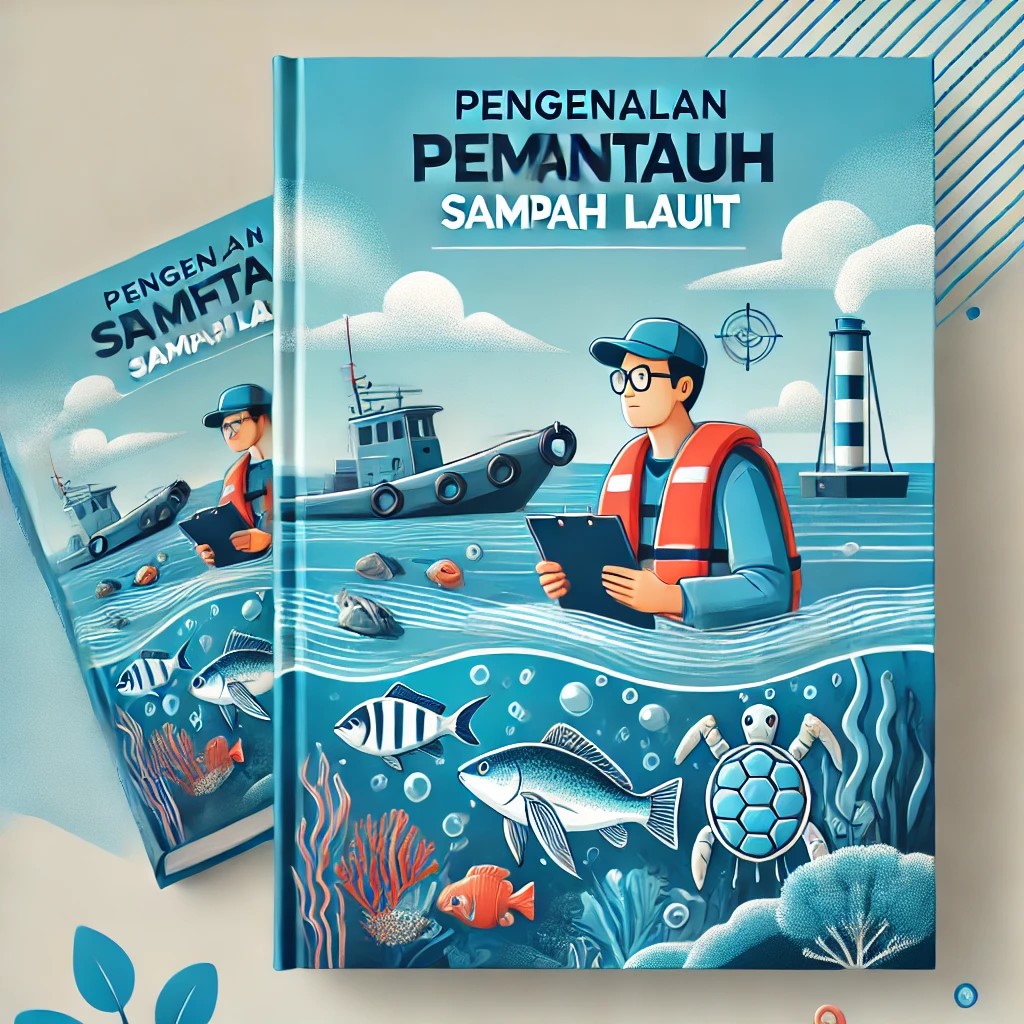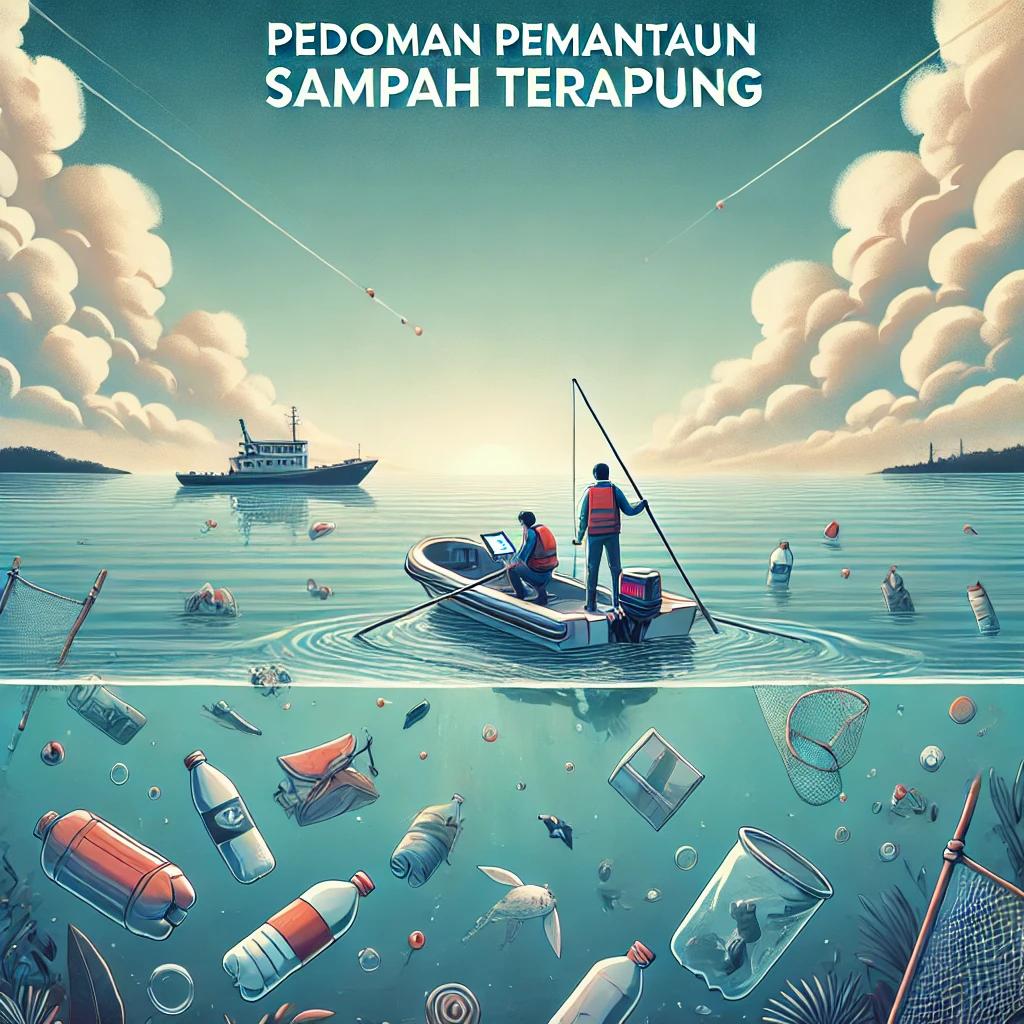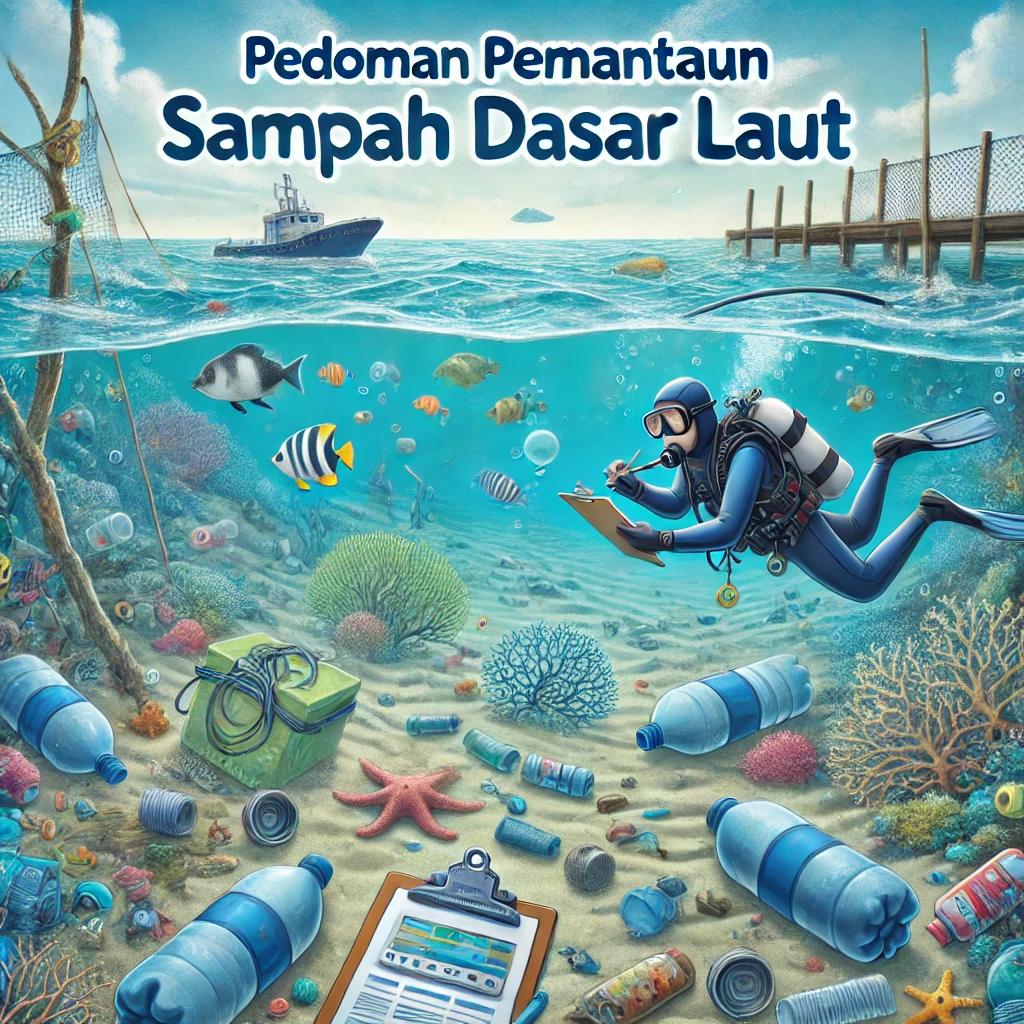The coast is a critical zone vulnerable to the accumulation of marine debris from various human activities. This module provides comprehensive technical guidance for participants to understand and apply coastal waste monitoring procedures in line with national guidelines.
This course emphasizes practical steps, including:
- Planning field surveys, including determining monitoring locations and timing
- Establishing transects and observation plots to identify debris distribution
- Collection and classification of debris based on size and type
- Using technical tools, such as GPS for mapping locations and analytical scales for measuring mass
- Recording data using standard forms, along with data validation for reporting
Participants will also learn how to manage the data collected for use in formulating evidence-based waste management policies.
Through a combination of learning videos, data entry simulations, and quizzes, this module is designed to enhance your practical capacity in the field. This course is highly relevant for local government officials, NGOs, academics, and volunteers involved in coastal management programs.
This module is an advanced part of the introductory "Marine Debris Monitoring Guidelines" course and serves as an important foundation before delving into floating and seabed waste monitoring.
📍 With the technical skills acquired from this module, you can support more accurate, effective, and sustainable coastal waste management.







